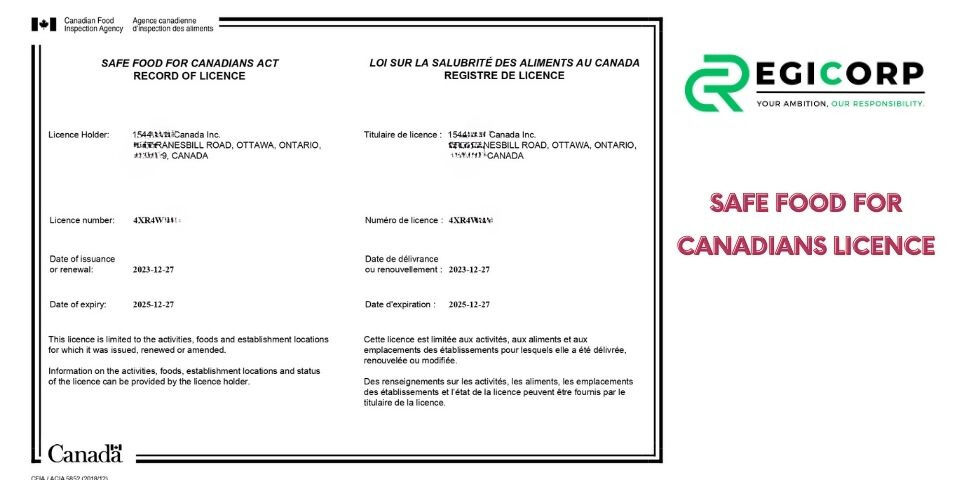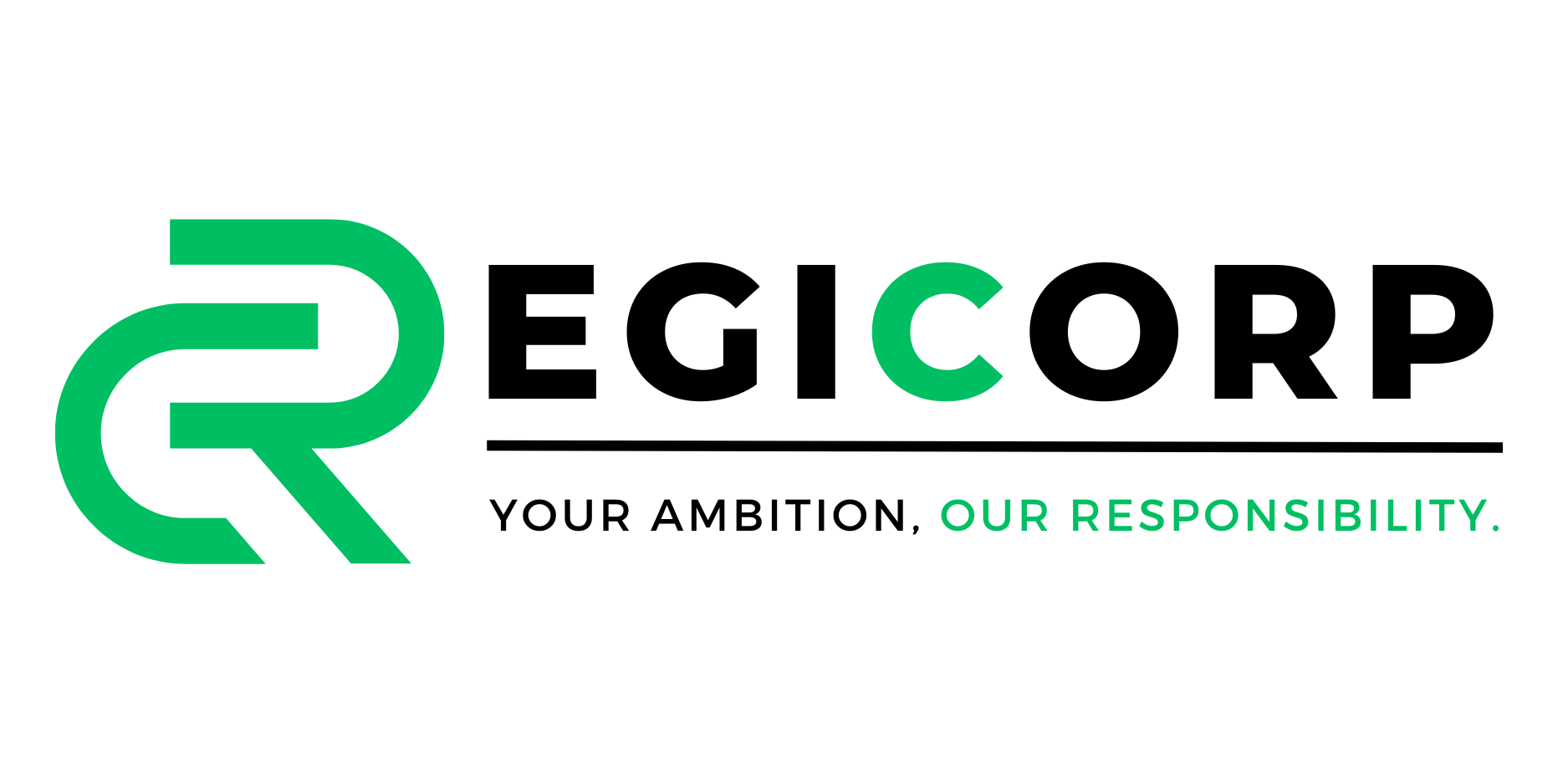Importing food into Canada presents a unique set of challenges. The country has distinct regulations and requirements for importers.
Starting February 12, 2024, SFC licenses will be automatically checked for imports of manufactured foods. Without a valid SFC license your shipment will be denied entry into Canada.
Currently, importers dealing with a range of food products, including meats, seafood, dairy, eggs, processed fruits and vegetables, honey, maple products, and fresh produce, must secure a Safe Food for Canadians (SFC) license. This license is a mandatory prerequisite for food importation into Canada, and without it, entry of food goods is strictly prohibited. All food importation attempts will be denied at the Canadian border if the importer has not acquired an SFC license in advance of their arrival at the port of entry.

What is Safe Food for Canadians (SFC) License?
In Canada, the Safe Food for Canadians (SFC) License is a mandatory certification for businesses involved in importing, exporting, or processing food products, ensuring adherence to national food safety standards. It signifies that the holder meets stringent regulatory requirements aimed at safeguarding public health and ensuring the safety of the food supply chain within the country.
When is Safe Food for Canadians (SFC) license required?
If you are importing manufactured foods into Canada, then you need a Safe Food for Canadians (SFC) licence. As of March 15, 2021, all food import shipments into Canada are require a valid Safe Food for Canadians (SFC) licence. Without a valid SFC licence all Importing Food shipments will be held until this information is provided to Canada Border Services Agency (CBSA).
It is essential to secure the SFC license before a shipment reaches the Canadian border. The processing time for applications or amendments can extend up to 15 business days and might prolong if a pre-license inspection becomes necessary. Furthermore, the SFC license should specifically cover the activity of “Importing” along with the particular food commodities intended for importation.
Who needs a Safe Food for Canadians (SFC) license?
As of November 2022, all foods imported into Canada will be required to have a valid SFC number issued to their importer. Eventually all businesses involved in activities relating to food, such as importing, manufacturing, processing, treating, or packaging will require registration.
How RegiCorp can help to Get a SFC licence?
RegiCorp offers specialized assistance in navigating the process of obtaining the Safe Food for Canadians (SFC) License. Our team of experts provides comprehensive support, starting from the initial application steps on the CFIA’s online portal to ensuring that your business meets all necessary food safety requirements. RegiCorp can help in developing and implementing required preventive control plans and traceability protocols, preparing documentation, and guiding businesses through the complexities of compliance. With Our expertise, businesses can streamline the application process, avoid common pitfalls, and increase the likelihood of a successful SFC License application, enabling them to operate legally within Canada’s food sector.
How long does it take to get Safe Food for Canadians (SFC) license
Generally, it may take 15 business days or more to process your application. But if is a complex application then it will take more longer time than as usual. Licenses will not be issued manually at the border
FAQs on Safe Food for Canadians (SFC) License
What is a Safe Food for Canadians (SFC) License?
The SFC License is a mandatory certification for businesses involved in importing, exporting, processing, or handling food products in Canada. It ensures that these businesses comply with Canada’s food safety laws and regulations to protect consumer health.
Who needs an SFC License?
Any business engaged in importing, exporting, processing, or handling food products in Canada needs to obtain an SFC License. This includes businesses dealing with meat, dairy, eggs, processed fruits and vegetables, fish, seafood, and other food commodities.
How do I apply for an SFC License?
You can apply for an SFC License through the Canadian Food Inspection Agency’s (CFIA) by any Agent who is expert in this field. Or You can take help from RegiCorp. The process involves creating an account, submitting detailed information about your business and food products, and complying with the necessary food safety requirements.
How long does it take to obtain an SFC License?
The processing time for an SFC License application can take up to 15 business days. However, this timeframe may extend if a pre-license inspection of your facilities is required.
Is there a fee for the SFC License?
Yes, there is a fee associated with obtaining an SFC License. The fee amount varies depending on the size and type of your business. Detailed fee information can be found on the CFIA website.
What happens if I don’t have an SFC License?
Operating without an SFC License when one is required can lead to enforcement actions, including fines, product seizures, and possibly being prohibited from importing or exporting food products in Canada.
Can an SFC License be revoked?
Yes, an SFC License can be revoked or suspended if the holder fails to comply with the food safety regulations, poses a risk to public health, or if there is a violation of the Safe Food for Canadians Act or its regulations.
Do I need a separate SFC License for each type of food product I handle?
No, you do not need separate licenses for each type of food product. However, your SFC License must specify all the activities (e.g., importing, processing) and the types of food commodities you deal with.
How do I renew my SFC License?
A SFCL is valid for 2 Years. SFC Licenses need to be renewed before they expire. The renewal process is similar to the initial application process. It’s advisable to start the renewal process well in advance to avoid any disruptions in your business operations.
What are the key components of the preventive control plan required for the SFC License?
The preventive control plan (PCP) is a written document that outlines how your business addresses food safety risks. Key components include identifying and controlling potential hazards, ensuring traceability of your food products, and implementing standard operating procedures for handling, sanitation, and employee training.
